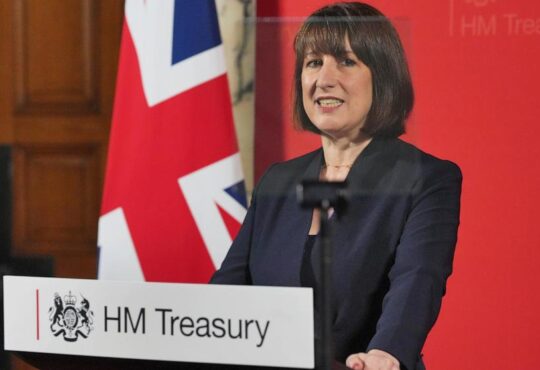
The City’s interests were almost wholly ignored during the withdrawal negotiations, which given that financial services are arguably Britain’s most important industry, generating more than £100bn a year in tax revenues, was a source of amazement both to European negotiators, and indeed to City practitioners.
In prioritising sovereignty over market access, the Government threw the City under the bus.
The degree of ill feeling in Brussels over Brexit is still such that regulatory “equivalence”, which would give the City access to specific parts of European finance, has been limited to even fewer cases than those enjoyed by the United States, Canada and Japan.
The biggest of these exceptions – clearing of over the counter, euro denominated swaps – is also poised to expire the year after next.
Some of the smaller European financial centres – Dublin, Luxembourg and Amsterdam in particular – have done well out of post-Brexit financial fragmentation. Yet the biggest beneficiary is not Europe at all, but the US, which is increasingly unchallenged as the go-to place for international finance.
As I say, stock markets are a comparatively small part of finance as a whole, yet the London Stock Exchange’s growing failure to attract new share listings is powerfully symbolic of a wider malaise.
It’s not just the higher pay and valuations that persuade the likes of Arm Holdings, the Cambridge based semiconductor design company, to list in the US rather than London.
Rather, it is the sheer weight of available liquidity, which in turn offers a significantly lower cost of capital. Consider the following. Nearly 70pc of the industrialised world’s total, listed market capitalisation is accounted for by the US. The next five biggest markets – Japan, Germany, France, the UK and Canada – are just 19pc combined.
All five of these economies have major pools of savings, yet collectively they invest an estimated $5 trillion (£4.1 trillion) more in US assets than they do in their own countries. We all know the shameful story of British pension fund divestment from UK equities, now down to just 4pc of total assets.






